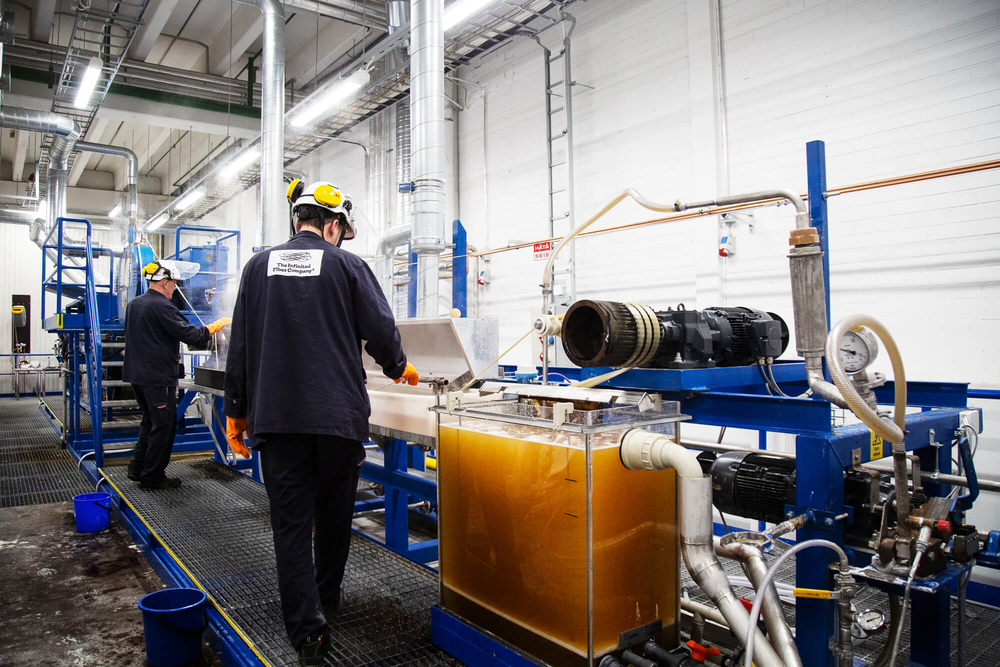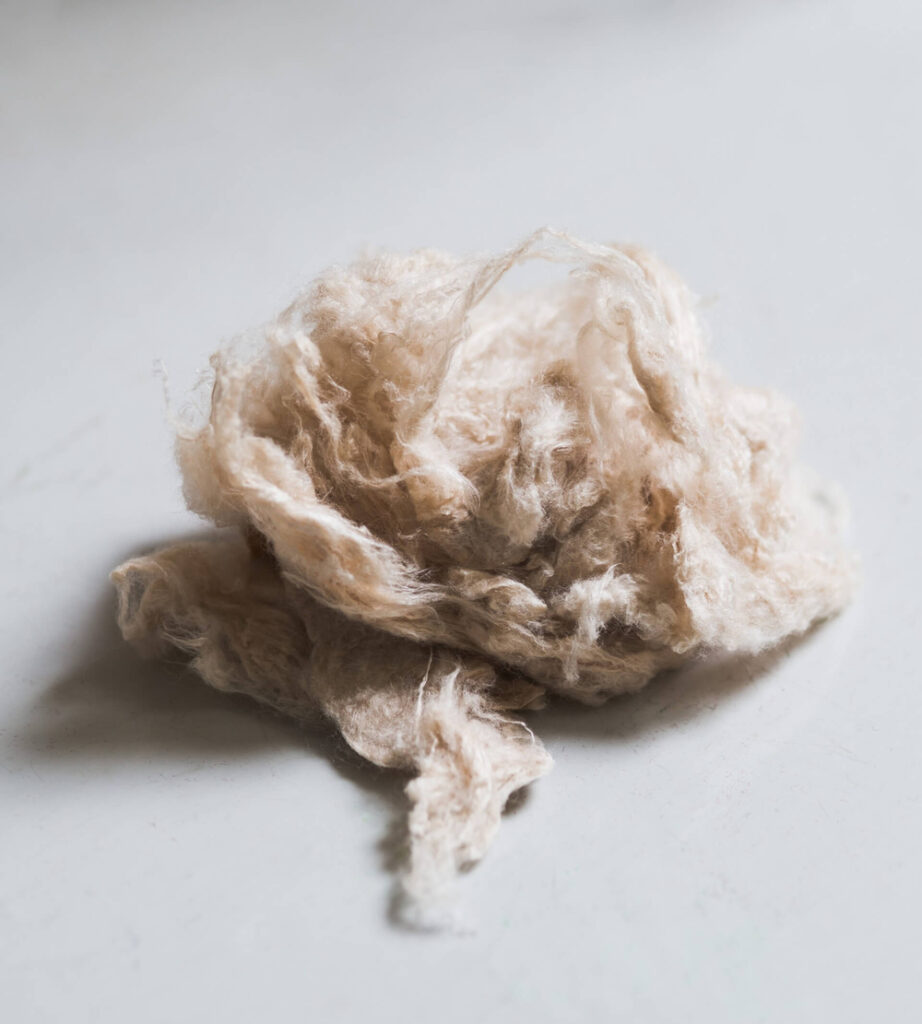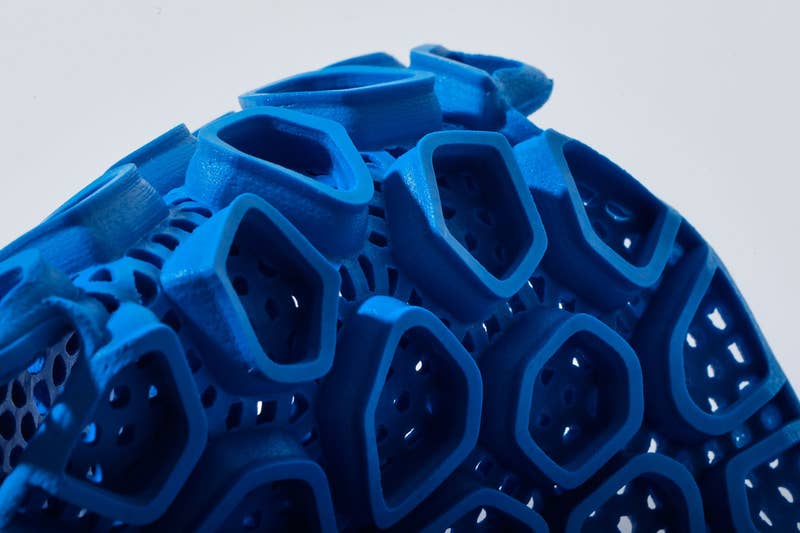
Infinite Fiber: From Fiber to Fiber to Infinity
Finnish company Infinite Fiber has developed a process that can transform textile waste (cotton and viscose) and paper waste into new fibers for the textile industry – not just once, but endlessly, without any decrease in the quality of the fiber.
This process creates a natural fiber similar to cotton and viscose, using materials that would otherwise end up in landfill.
The technology consists of three key processes:
- SEPARATION OF FIBERS
- TURNING THE MATERIAL INTO LIQUID
- TURNING THE LIQUID INTO FIBER
This technology is applicable to existing pulp and viscose fiber mills (thus saving investment costs and reducing risks).
Viscose fiber producers using this process eliminate carbon disulfide CS2 – a chemical that is dangerous for both the environment and human health. Meanwhile, polyester residues are removed from cotton using methods familiar to the pulp industry.
This technology provides chemically regenerated fibers for the fashion and technical textile industries with the ability to replace 100% of viscose fibers. By regenerating new virgin fibers, Infinited Fiber reduces the use of virgin natural materials, the consumption of trees from ancient and endangered forests (30% of viscose comes from ancient and endangered forests). It also reduces textile waste thrown into landfill (70 million tons worldwide).

The new fibers can also replace cotton in several applications, this substitution contributes to a direct reduction in water consumption (20,000 liters of water / 1 kg of cotton), reduction in pesticide use (cotton producers apply 25% of all insecticides used worldwide), and allows arable land to be used to grow food products.
The water footprint of recycled fiber is approximately 2% of that of virgin cotton and 10% of viscose.
Backed by long-term research, Infinited Fiber is joining forces with investors and fashion companies around the world.


